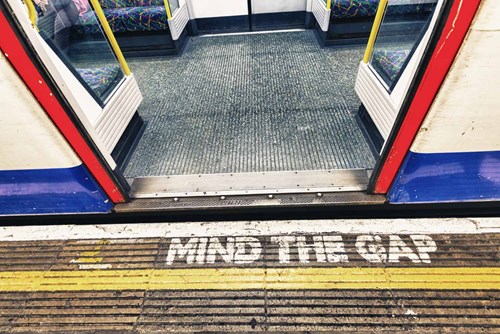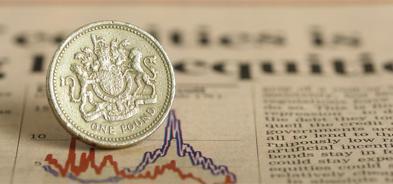How do rising inflation rates and falling interest rates affect your cash savings?
The latest release of Consumer Price Inflation (CPI) data revealed a sharp rise to 1.8%. While it’s still below the Bank of England’s 2% target rate, it’s a significant increase. The escalation may have made you wary about its effect on your cash savings and left you wondering what the next step is.
The value of investments can fall as well as rise and that you may not get back the amount you originally invested.
Nothing in these briefings is intended to constitute advice or a recommendation and you should not take any investment decision based on their content.
Any opinions expressed may change or have already changed.
Written by Jason Hollands
Published on 21 Feb 20201 minute read

What does the rise mean?
The spike comes at a time when savings rates are in retreat, with even the most competitive interest rates at only 1.35% – well below inflation. One such example is NS&I (a savings titan backed by the Treasury) which has reduced interest rates for 25 million customers. From May, NS&I’s Direct Saver rate will go from 1% to 0.7% and its Investment Account rate from 0.8% to 0.6%.
This widening gap between the interest earned on cash savings and price means that, in real terms, returns on cash savings continue to be negative. Looking to the gilt market doesn’t offer much hope to investors either: 10-year gilts are currently yielding a paltry 0.61%.
What can cash savers expect?
In the near to medium term, the pain for cash savers looks set to continue or even get worse. The demand shock to the global economy due to the coronavirus outbreak, coupled with belligerent sabre rattling around the UK-EU trade negotiations, suggest that rates are likely to remain low for the foreseeable future.
Inflation is the silent assassin of wealth, quietly eroding the future spending power of your savings. When interest rates fall and inflation rises, it creates a particularly toxic combination for cash savings.
What can be done?
If you have at least five years where you won’t need the money, you could consider putting it into an investment account. With UK shares yielding around 4.3% and valuations broadly in-line with longer-term trends, equities continue to look favourable to other major asset classes, albeit share prices can be volatile.
But it’s important to make sure you have some cash savings before you think about investing (we suggest 6 months’ worth) set aside for any rainy days.
If you want to learn more about how we manage money, you can take a look at our guide covering the topic.
Speak to us
If you want to talk to someone about your money or have any questions, you could book a consultation with one of our financial advisers – there’s no obligation to carry on with advice afterwards and the first meeting is free of charge.
Also, don’t hesitate to get in touch if you want to, call us on 020 7189 9999 or email contact@tilney.co.uk.
Get insights and events via email
Receive the latest updates straight to your inbox.
You may also like…

Investing
Seven investing principles for DIY investors in volatile markets





